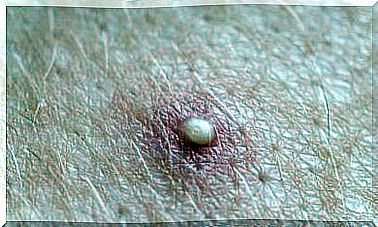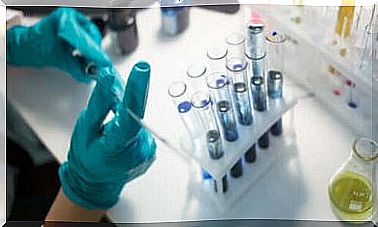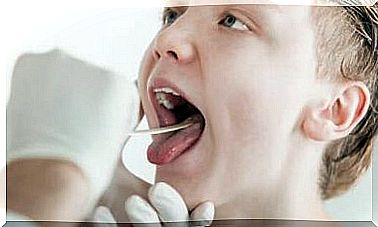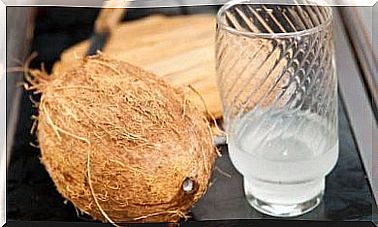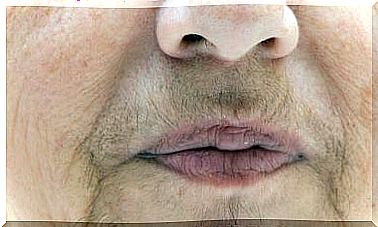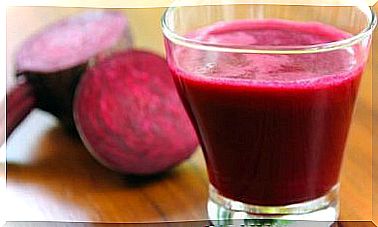Iron – Foods That Must Be Eaten To Increase Iron Levels
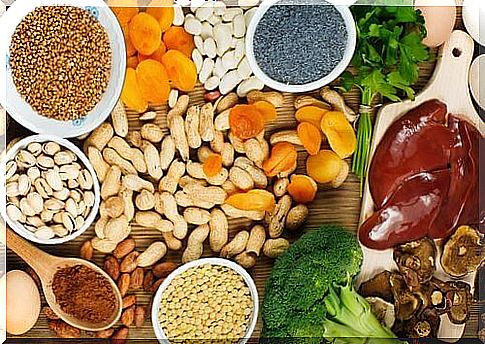
Iron is a mineral that actively participates in the proper functioning of the body. Among other functions, it is involved in the synthesis of DNA and the formation of collagen. In addition, iron strengthens your immunity in the fight against diseases, improves the production of hormones and connective tissue.
Having mentioned the above, it should be noted that the main function of iron in the body is the transport and storage of oxygen. Iron is involved in the process of cellular respiration because it is produced:
- Hemoglobin, a protein in red blood cells whose function is to carry oxygen from the lungs to all cells in the body.
- Myoglobin, another similar protein designed to deliver oxygen to the muscles.
Depending on the type of food in which it is contained, there are two types of iron:
- Heme iron. This type of iron is easily digestible and is found in animal products.
- Non-heme iron. A poorly digestible form of iron, found mainly in products of plant origin.
Read this article to learn more about how you can increase your body’s iron levels.
How much iron should you eat?
The body needs specific amounts of iron, depending on the age and stage of life of each person. These amounts also vary based on diet, gender, and other factors.
The following list provides some of the most representative examples:
- Babies from 6 to 12 months of age – 0.00027 g
- Children from 4 to 8 years of age – 0.01 g
- Adult men from 19 to 50 years of age – 0.008 g
- Women from 19 to 50 years of age – 0.018 g
- Girls in adolescence and pregnant women – 0.027 g
- Nursing women – 0.009 g
These interesting data show that adult women and pregnant women need more iron than men. This is due to processes in their body such as menstruation.
Iron-rich foods
As mentioned earlier, iron is a mineral that can be found in foods of both animal and plant origin.
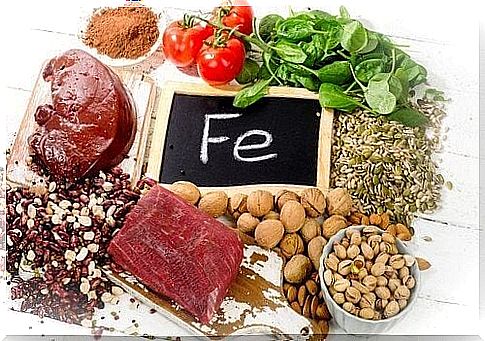
Below is a list of foods that contain significant amounts of iron:
- Poultry (and mostly dark meat), eggs.
- Lean red meat such as beef.
- Mussels and other seafood.
- Salmon
- Dried fruits: plums, raisins and dried apricots.
- Cereal and grain breads.
- Legumes: soybeans, lentils, dried beans, green beans, peas and broad beans.
- Vegetables: spinach, broccoli, cabbage, asparagus, dandelion leaves, and kale.
- Grains: wheat, oats, brown rice.
It is worth noting that the absorption of iron from plants is much lower than the absorption of iron from meat.
Nevertheless, the absorption of iron from plant products can be increased up to threefold if, for example, lean meat or legumes are combined with vegetables with dark green leaves.
Do I need to consume more iron?
For those who have nothing to do with medicine or nutrition, recognizing the symptoms of iron deficiency can prove to be a difficult task. However, there are some specific signs and symptoms that make it possible to tell you that you need to increase your iron levels in your body.
Low iron levels in the body primarily lead to anemia. Anemia is a condition where the body does not produce enough hemoglobin in the blood.
Signs of anemia or low hemoglobin in the blood
- Pale skin
- Shallow breathing during exercise
- Muscular fatigue
- Poor performance results
- Neurological diseases: lightheadedness, dizziness, and headaches
- Renal changes: swelling and swelling of the legs
- Increased heart rate

People who are on a vegetarian diet should consume twice as much iron as the normal daily requirement. This is because the bioavailability of plant-based iron in vegetarians is significantly lower than that of animal-derived iron in people who consume meat.
The risk of excess iron
Eating iron-rich foods is beneficial if our diet is properly balanced and iron levels are monitored by a doctor. Excess iron can cause the following side effects:
- Gastrointestinal problems
- Constipation
- Vomiting
In some cases, some organ failure may develop. You probably know that this is extremely harmful. So it can be said that in some ways, excess iron can lead to various diseases. These include breast cancer, heart failure and cirrhosis.

So, as you can see, monitoring iron levels in your blood and body is extremely important. This is best done with a blood test. It should also be remembered that the basic thing for staying fit and healthy is a varied and balanced diet.
